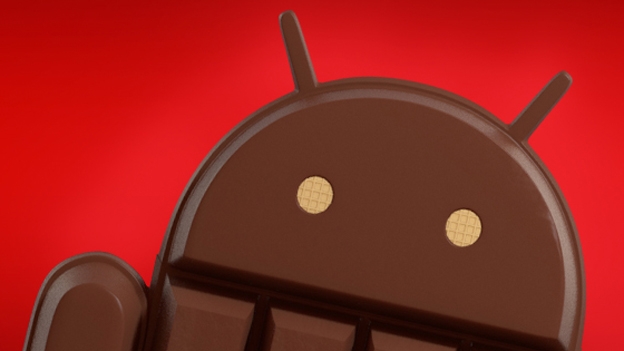New Google rule says all new Android smartphones must come with KitKat
If genuine, leaked memo could signal the end of low end Android smartphones

All new Android smartphones – high and low end – must run KitKit or Google will not approve the handset, according to a leaked memo.
The Android memo is the first indication that Google is cracking down on fragmentation. The issue is one of the top complaints about the operating system from app developers.
According to Mobile Bloom, the memo was sent by the Android team to its major OEM partners. Sony, Samsung, HTC, LG and so on all act as original equipment manufacturers (OEMs) for Google.
“Starting February 2014, Google will no longer approved GMS distribution on new Android products that ship older platform releases,” the memo reads. “Each platform release will have a 'GMS approval window' that typically closes nine months after the next Android platform release is publicly available.”
Any device that does not receive Google Mobile Services (GMS) approval would not not be able to ship with Google's core apps – including Maps, Now and possibly even the Google Play store.
The end of budget Android phones?
If genuine, the memo could signal an end to budget Android smartphones and push up the price of mid-tier handsets.
As with every Android release, KitKat has higher minimum specifications that previous versions of the operating system. That could mean phones like the Samsung Galaxy Core are no longer feasible.
Get all the latest news, reviews, deals and buying guides on gorgeous tech, home and active products from the T3 experts
Google has said that it coded KitKat to work better on lower powered smartphones. However, the move would still have enough of an impact to potentially hand the developing market to rivals like FireFox and Tizen.
Last year, Android boss Sundar Pichai said that his team and he were working on ways to address the issue of Android fragmentation. Figures published at the end of January 2014 revealed that only 1.4 per cent of Android smartphones run the latest version of the operating system.
In stark contrast, 80 per cent of iPhones were running the latest version of Apple's mobile operating system iOS 7 at the same point in time. Android KitKat was launched just weeks after iOS 7 hit smartphones.
This is unlikely to be the last move by Google to resolve the issue.
We wouldn't be surprised if the company moves to force smartphone makers to release the latest update on all of their phones no more than 90 days after general release before the end of 2015.
It is unclear what impact the move would have on Nokia and Amazon who use older, forked versions of Android as their basis for their own smartphones and tablets respectively.
Source: Mobile Bloom
Ben Furfie is a former freelance writer for T3.com who produced daily news stories for the site on tech and gadgets. He also live-managed the T3 Award websites during the 2013 and 2014 T3 Awards. Ben later moved into web development and is now a Technical Development Manager leading a team of developers.